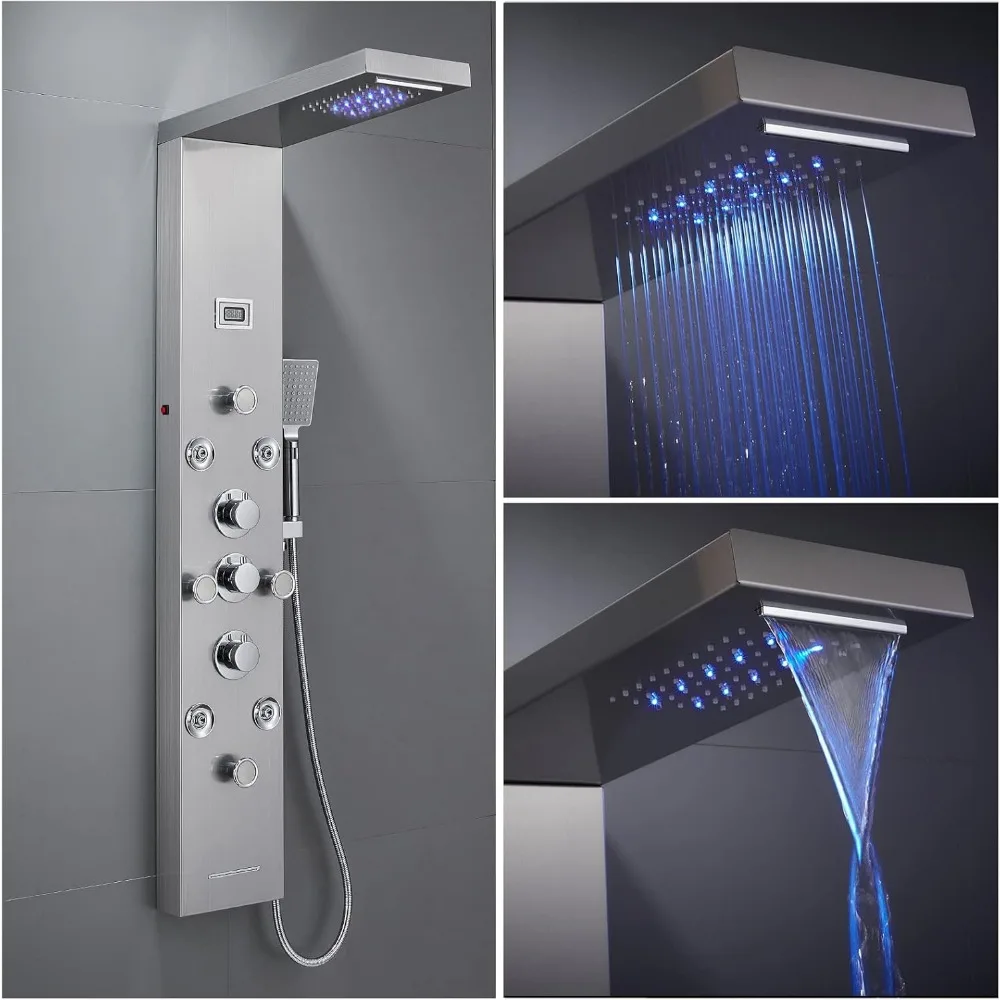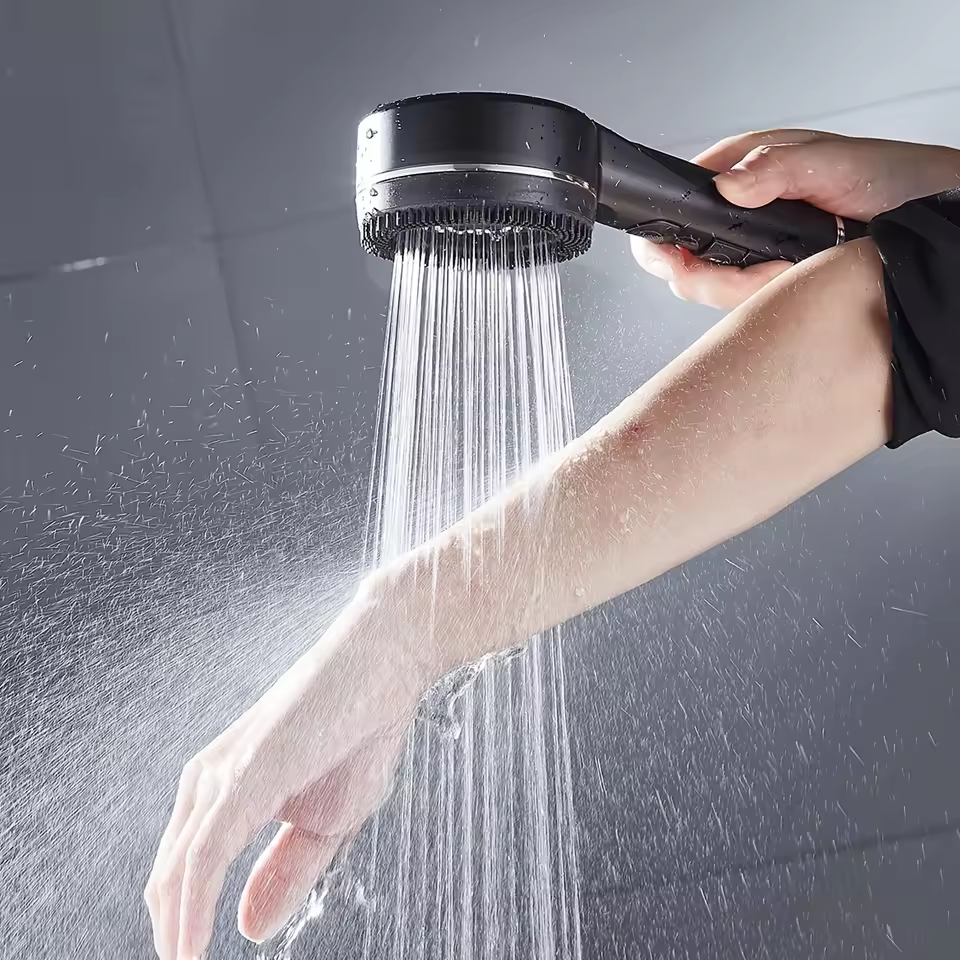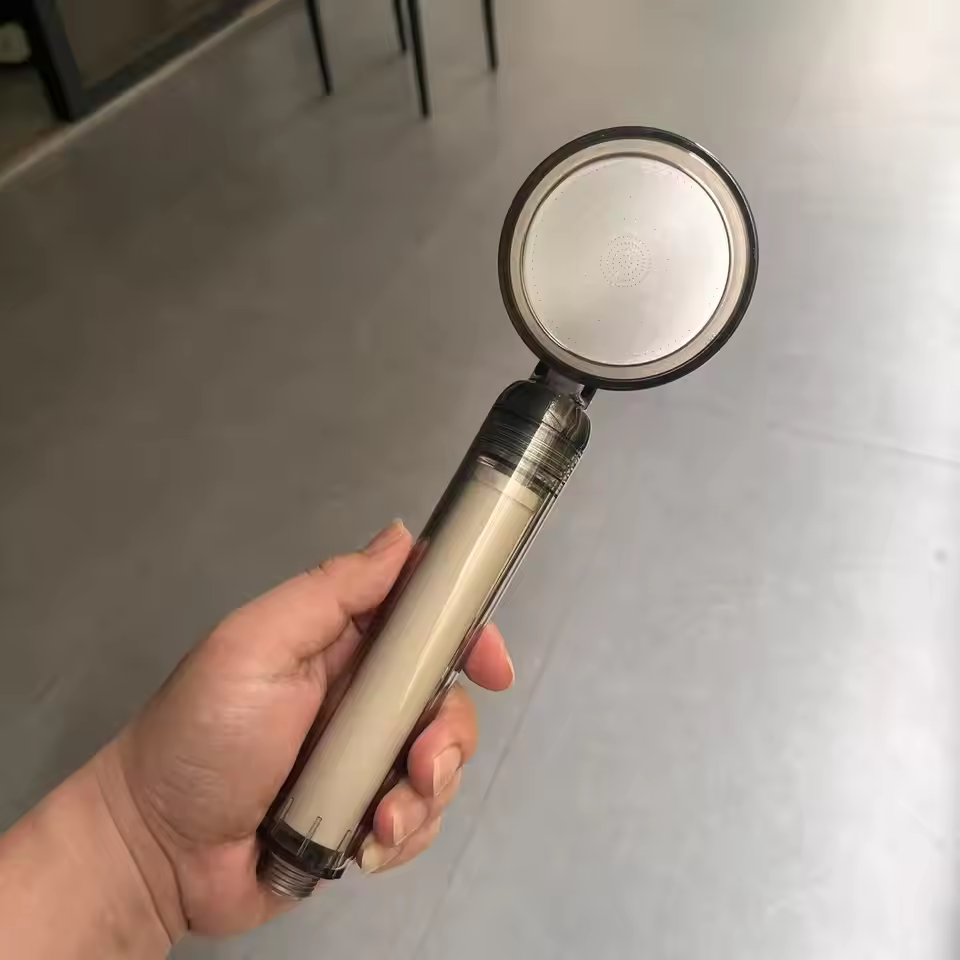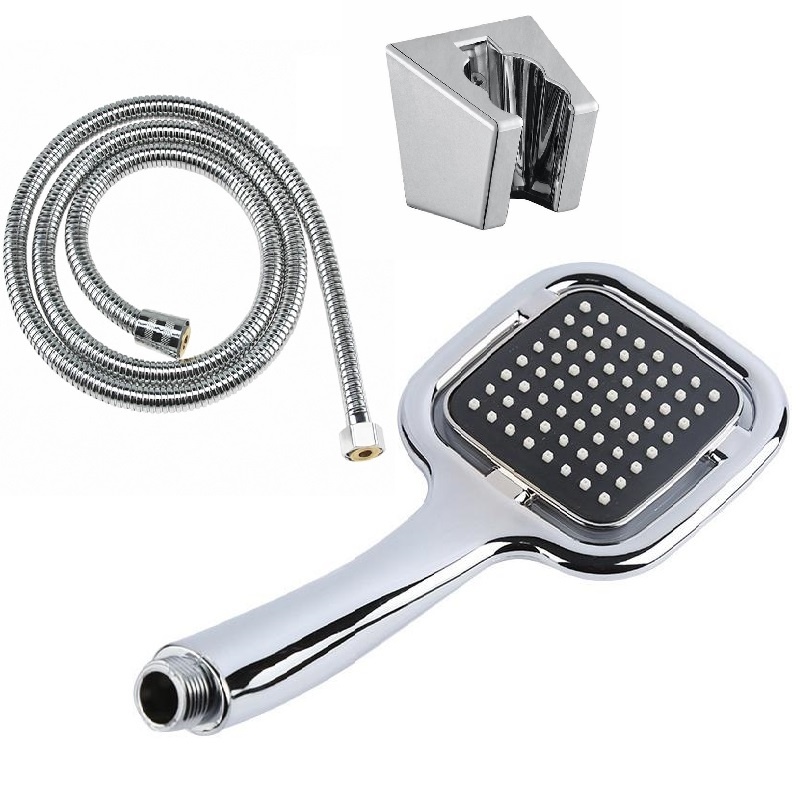Introduction
Experiencing cold water in your shower while your sink runs hot can be frustrating. Why is my shower water cold but sink hot? You might wonder why this discrepancy occurs. This article will explore the reasons behind this issue, the potential causes, and possible solutions. Understanding how your plumbing works can help you troubleshoot the problem effectively.
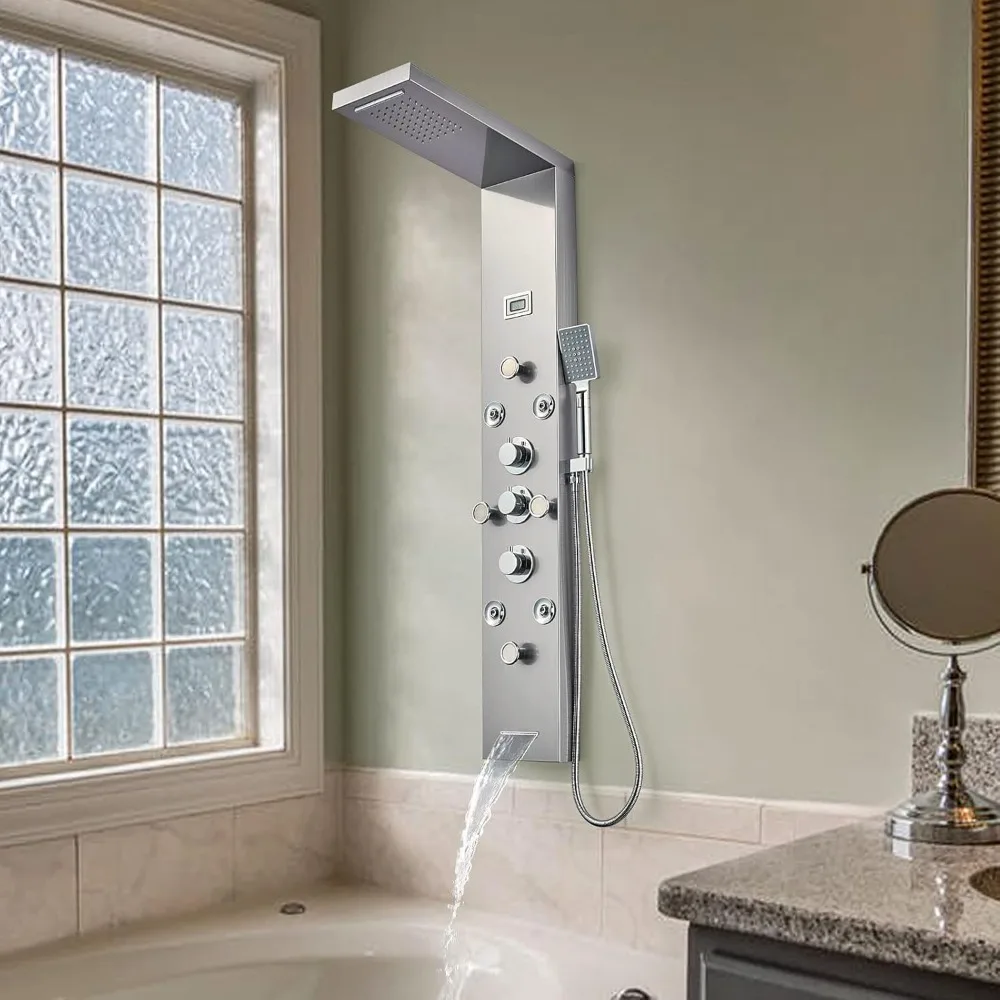
Understanding Your Plumbing System
How Plumbing Systems Work
Most homes use a plumbing system that includes both hot and cold water lines. When you turn on the tap, water travels through these lines to reach your fixtures. The water heater heats the water for your home. Hot water then flows through pipes to various fixtures, including sinks and showers. Cold water comes directly from the main supply line.
In a typical setup, hot water should be available at all fixtures. However, several factors can cause a difference in temperature between your sink and shower. Understanding these factors can help you diagnose the issue.
Water Heater Functionality
Your water heater plays a crucial role in providing hot water. Most homes use either a tank water heater or a tankless model. Tank water heaters store hot water in a large tank, while tankless models heat water on demand. Both systems have unique characteristics that can affect the temperature of water at your shower and sink.
If the water heater is malfunctioning, you may notice inconsistent hot water. For example, if the tank is empty or not heating properly, you might get cold water in the shower. On the other hand, if the sink is closer to the heater, it may get hot water first. This difference can lead to the situation you are experiencing.
Reasons for Cold Shower Water
Distance from the Water Heater
One primary reason your shower may have cold water is its distance from the water heater. If the shower is far away from the heater, it may take longer for hot water to reach it. This delay can cause you to experience cold water initially.
When you turn on the shower, the first water that comes out is often the cold water sitting in the pipes. It takes time for the hot water to travel through the pipes and reach the showerhead. If you have a large home, this issue can be more pronounced. You might find that your sink, which is closer to the heater, gets hot water quickly, while the shower does not.
Plumbing Issues
Another possibility is that there are plumbing issues affecting the hot water supply. This could include clogs, leaks, or other problems in the pipes leading to your shower. If the hot water line has a blockage, it may prevent hot water from reaching the shower.
Leaking pipes can also cause inconsistent water temperature. If hot water is leaking out somewhere, less hot water will reach the shower. Additionally, if you have older plumbing, there may be corrosion or damage that affects the flow of hot water.
Fixture-Specific Problems
Sometimes, the issue can be with the shower fixture itself. If the mixing valve in the shower is malfunctioning, it may not mix hot and cold water properly. This can result in cold water coming out of the showerhead, even when hot water is available.
Check the faucet or handle settings. If they are not fully turned to hot, this can also cause cold water to flow. Ensure that you are turning the handle correctly. Sometimes, simple adjustments can resolve the issue.
Troubleshooting the Cold Water Issue
Inspecting the Water Heater
If you are experiencing cold water in your shower, the first step is to inspect your water heater. Check the temperature settings. Most water heaters should be set to around 120°F (49°C) for optimal performance. If the temperature is lower, increase it and wait to see if hot water becomes available in your shower.
Next, check for leaks around the water heater. A leaking tank can cause reduced hot water availability. If you notice any leaks, you may need to repair or replace the unit. Additionally, inspect the age of your water heater. If it is over 10-15 years old, it may be time for a replacement.
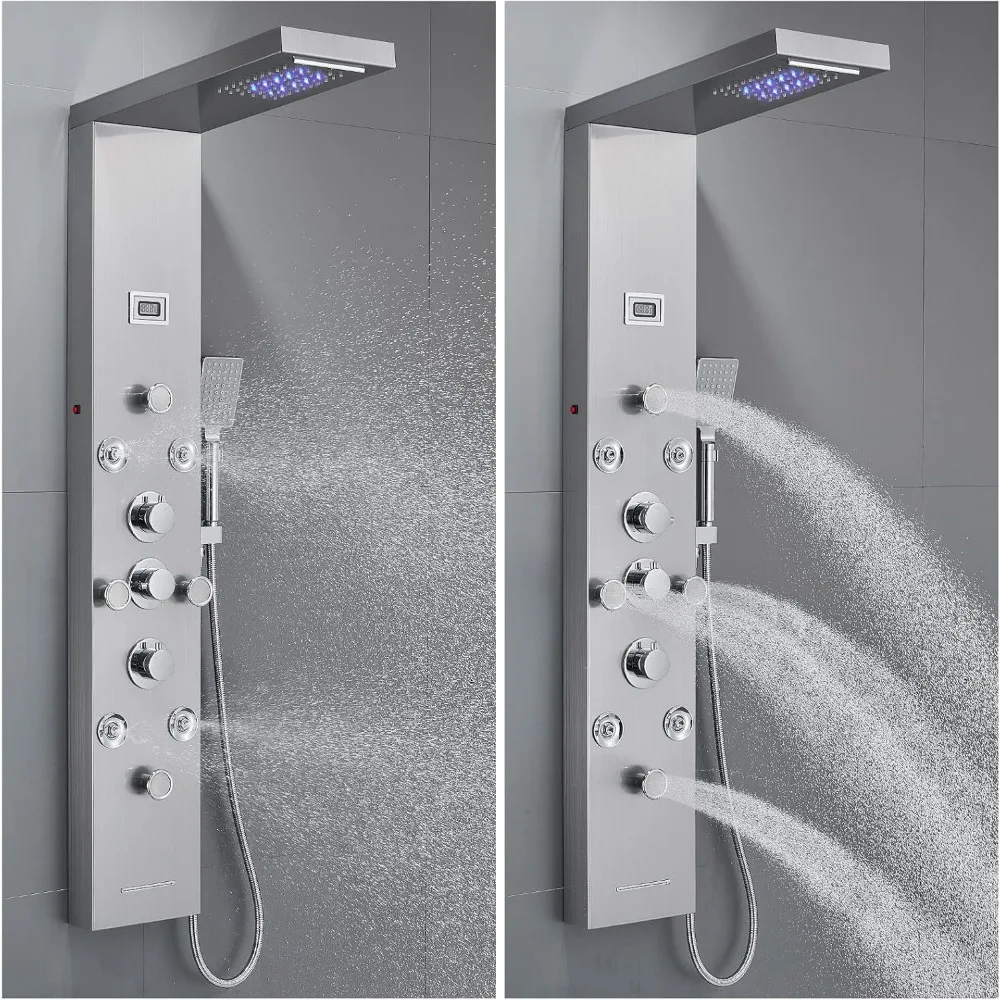
Evaluating Pipe Insulation
If your shower is far from the water heater, consider the insulation of your pipes. Uninsulated pipes can lose heat as the water travels, resulting in cooler water reaching your shower. Insulating the pipes can help maintain the temperature. You can purchase pipe insulation sleeves at most hardware stores.
Look for areas in your home where pipes are exposed to cold air, such as basements or crawl spaces. Adding insulation in these areas can improve hot water delivery to your shower.
Checking for Clogs and Leaks
Next, inspect your plumbing for clogs or leaks. If you suspect a blockage in the hot water line, you may need to call a plumber. They can use specialized equipment to locate and clear any clogs.
Also, check for leaks in your plumbing system. Look for water stains, mold, or dampness around your pipes. If you find any leaks, repair them as soon as possible to restore hot water flow.
Solutions to Restore Hot Water
Repairing or Replacing Fixtures
If the problem lies within the shower fixture, consider repairing or replacing it. Start by inspecting the mixing valve. If it is not functioning properly, it may need to be cleaned or replaced.
If you are not comfortable doing this yourself, hiring a professional plumber can save time and effort. They can diagnose the problem and recommend the best course of action.
Upgrading Your Water Heater
If your water heater is old or malfunctioning, upgrading to a new unit may be necessary. New water heaters are often more efficient and can provide a more consistent hot water supply.
Consider whether a tank or tankless model would best suit your needs. Tankless water heaters provide hot water on demand, eliminating the need to wait for a tank to fill. They can be more energy-efficient in the long run, as they only heat water when needed.
Seeking Professional Help
If you have tried troubleshooting and the issue persists, it may be time to call a professional. A plumber can conduct a thorough inspection of your plumbing system. They can identify any underlying issues that may be causing the cold water problem.
While this may involve some cost, professional help can save you time and prevent further issues down the line. It’s always better to address plumbing problems sooner rather than later to avoid more extensive damage.
Maintenance Tips for Consistent Hot Water
To ensure a consistent supply of hot water throughout your home, consider the following maintenance tips:
1. Regularly Check the Water Heater
Perform routine maintenance on your water heater, such as:
- Flushing the Tank: If you have a tank water heater, flushing it once a year can remove sediment buildup, which can affect efficiency and water quality.
- Inspecting Anode Rods: These rods help prevent corrosion inside the tank. Check them annually and replace them if they are significantly corroded.
2. Insulate Hot Water Pipes
Insulating your hot water pipes can help maintain the temperature of the water as it travels from the heater to your fixtures. This not only improves efficiency but can also reduce heat loss, ensuring hot water reaches your shower more quickly.
3. Adjust Temperature Settings
Ensure your water heater is set to an appropriate temperature (around 120°F or 49°C). This setting balances safety and efficiency, helping to avoid scalding while ensuring you have enough hot water available.
4. Monitor for Leaks
Regularly inspect your plumbing for signs of leaks, including damp spots or water stains on walls and ceilings. Early detection of leaks can prevent more extensive damage and costly repairs.
5. Consider Upgrading
If your water heater is older than 10-15 years, or if you frequently run out of hot water, it may be time to consider upgrading to a more efficient model. New technologies, such as tankless heaters, can provide hot water on demand and improve overall efficiency.
6. Schedule Professional Inspections
Consider scheduling annual inspections with a professional plumber. They can provide valuable insights, check for potential issues, and ensure that your entire plumbing system is functioning optimally.
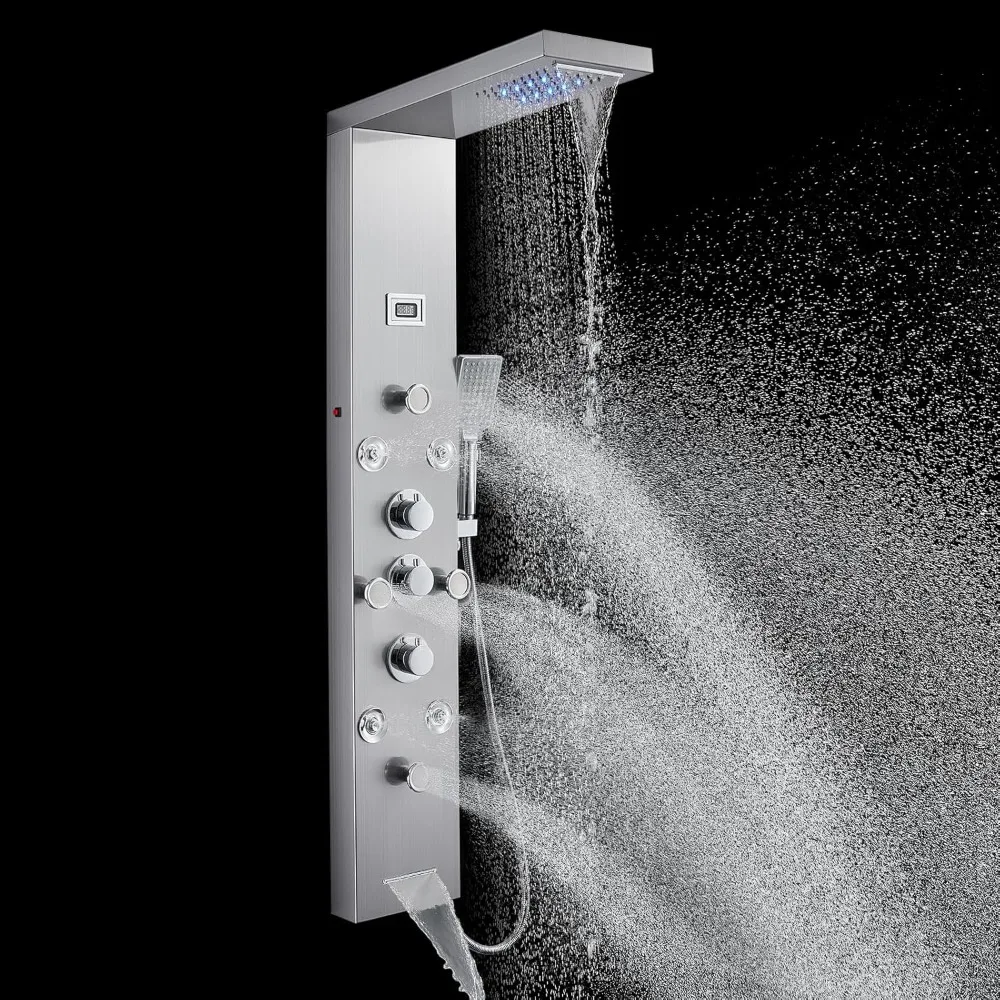
Conclusion
Experiencing cold water in your shower while your sink runs hot can be frustrating. However, understanding the reasons behind this issue can help you troubleshoot effectively. Factors like distance from the water heater, plumbing issues, and fixture-specific problems can all contribute to this situation.
By inspecting your water heater, evaluating pipe insulation, and checking for clogs or leaks, you can identify the cause. Simple adjustments or repairs may restore hot water to your shower. If all else fails, seeking professional help ensures that the problem gets resolved effectively.
Ultimately, a little knowledge and proactive troubleshooting can lead to a more comfortable and consistent hot water experience in your home.
